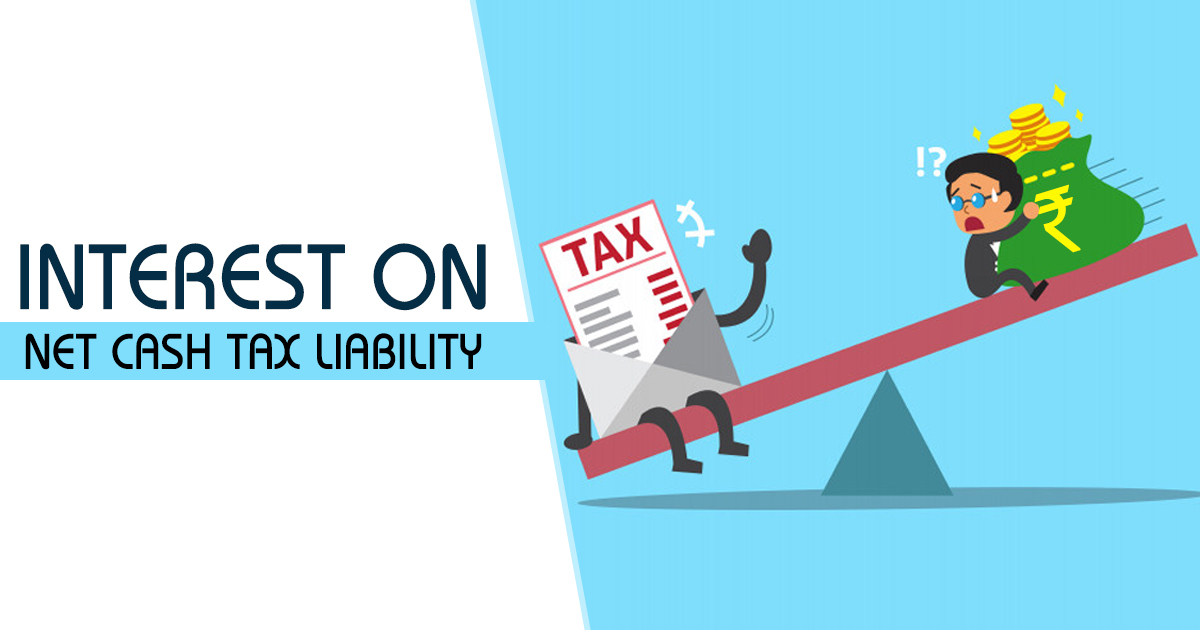One of the prime objectives of Goods and Services Tax (GST) regime is to provide seamless input tax credit (ITC) and thus reduce the cascading effect of taxes. However, in recent years many conditions have been imposed restricting ITC to the recipients of supplies through amendments to the GST Rules and inappropriate use of GST Network (GSTN).
The Finance Bill 2022 seeks to amend the Central GST (CGST) Act, 2017 and thus bring in fresh restrictions and also validate many of the actions taken by the government and the GSTN.
Section 16 of the CGST Act, 2017 allows a registered person to take ITC subject to five conditions – he is in possession of a tax paying document, he has received the goods or services, he has furnished GSTR-1 returns, he has received from the GSTN the details of the supplies that the supplier has furnished in his GSTR-1 return and the supplier has paid the tax due on his outward supplies to the government. Now a sixth condition is being added as Section16 (ba) that the ITC in respect of the supplies communicated to him are not restricted under Section 38 of the CGST Act, 2017.
The Finance Bill 2022 seeks to substitute the wordings of the said Section 38 also, prescribing six new conditions. The GSTN will send to the recipient auto-generate details of supplies reported by the suppliers pointing out the supplies in respect of which he cannot take ITC such as supplies made within prescribed period after taking registration, where the supplier has defaulted in paying the taxes, where the supplier has discharged less tax liability (through GSTR-3B) than what he has reported (in his GSTR-1), where the supplier has taken more ITC than prescribed, where the supplier utilizes the ITC beyond the prescribed limit for discharging his tax liability and supplies from such other classes of suppliers as the government may notify.
The proposed changes have generated lots of disquiet in the trade because they seek to punish the recipient for the faults of the supplier. Secondly, there is no mechanism through which the recipient can keep track of the actions of the supplier, for example when the supplier pays to the government less tax than due, when the supplier takes more ITC than due, when the supplier utilizes ITC beyond the prescribed limit and so on. The overwhelming view in the trade is that if the supplier does something wrong, he should be punished and not the recipient.
The trade is also disturbed that some other proposals seek to give the government wider powers — to prescribe conditions and restrictions subject to which the statement of outward supplies (GSTR-1) can be filed and the details so filed will be communicated to the recipients (GSTR 2A/2B), to not permit filing returns if returns for the previous tax periods are not filed, to omit the aspects related to two-way communication and matching and so on.
The government seems to be of the view that the restrictions are being brought in mainly to curb the menace of fake invoicing and that the recipient should procure his supplies only from those who are fully compliant with the law. Anyway, it would help if the government addresses the apprehensions of the trade and takes a relook at the proposed amendments.
Source: businessstandard.com
***
Don’t miss the next Tax Update / Article / Judicial pronouncement
Subscribe to our newsletter for FREE to stay updated on GST Law
Resolve your GST queries from national level experts on GST free of cost.
TW Editorial Team comprises of team of experienced Chartered Accountants and Advocates devoted to spread the knowledge of GST amongst the various stakeholders.




